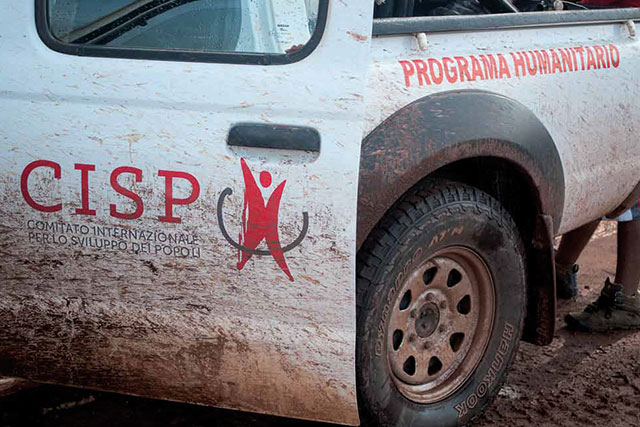Education

Since 1992 CISP’s Education program in Somalia has been focusing on supporting communities, authorities and service providers to ensure enrolment, retention of girls and boys in schools, making sure they graduate with the knowledge that enables them to break the cycle of poverty and vulnerability. The projects pay special attention to vulnerable, orphaned, and disabled girls, working within primary, secondary, TVET (Technical Vocational Education Training) and family life education centres.
Key Activities
- Support to school costs, including exam fees, uniforms, solar lamps and sanitary kits.
- Learning and teaching resources, professional development and coaching for teachers and Communities Education Committees.
- Changing norms, attitudes and behaviours limiting access and learning performance of children.
- Adopting children centred and gender sensitive approaches.
- Supporting girls’ and boys’ leadership networks.
- Preventing violence and engaging girls and boys in building safer communities.
- Development of action plans to improve sustainability and impact.
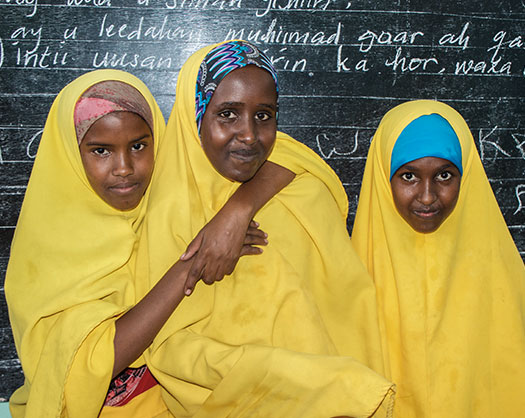
Health and Nutrition

The Health sector has been a priority for CISP since the start of its activities. Nutrition, reproductive health, immunization, prevention of communicable diseases and support to health providers are key areas of CISP’s support, together with health education, capacity development of health authorities, workers and communities. Health and nutrition interventions are facility and community based and cover both curative and preventative interventions. The programme supports Health and Nutrition Authorities and Institutions to cater for the needs of children under 5 years and pregnant and lactating women. The program contributes also to reducing new HIV/TB related mortality and morbidity rates, as well as responding to disease outbreaks.
Key Activities
- Support to Health and Nutrition Authorities and Institutions.
- Capacity Development of Health Staff.
- Support to Health and Nutrition facilities.
- Referral Systems.
- Health Education and Behaviour Change Communication.
- Emergency Interventions.
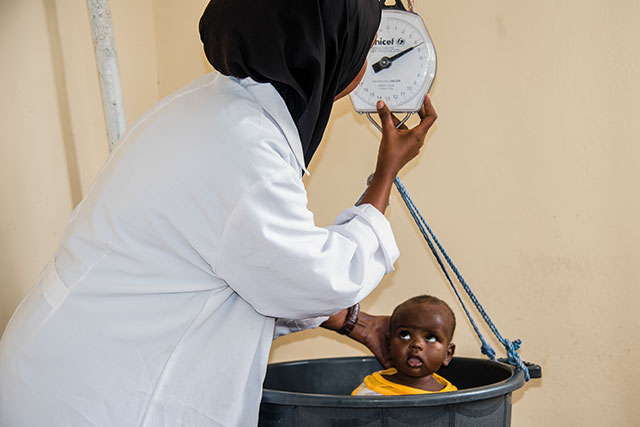
Protection

CISP’s program aims at establishing community- based protection mechanisms, enhancing social cohesion and integration of IDPs within the hosting community, focusing on protecting women and children. The program advances primary prevention of and response to GBV, especially sexual violence against women and girls affected by conflict and disaster, that includes the development of evidence- based ‘good practices’. An important focus is on strengthening positive social norms that protect women and girls from violence and leverages on societal dynamics to change social norms that serve to hide or actually encourage forms of violence.
Key Activities
- Developing capacity medical of care staff and creating an environment in which survivors can obtain holistic compassionate care and support from quality survivor-centred services.
- Using community dialogues as platforms to bring people together in a safe space, to build awareness about harmful consequences of sexual violence, help participants transform harmful social norms related to gender, masculinity, stigma and silence about sexual violence.
- Giving community discussions participants the stakeholders ownership and opportunity to develop and implement appropriate actions in their communities.
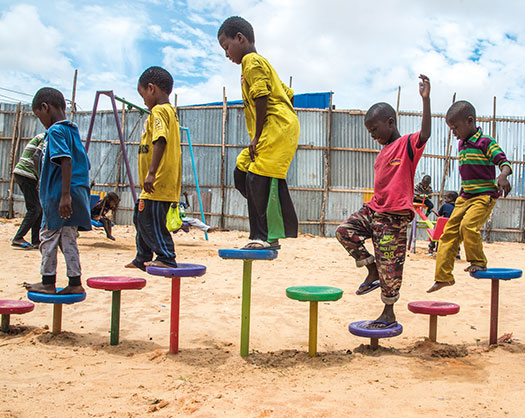
Culture and Heritage

The main objective of CISP’s Culture Program in Somalia is to build more stable, peaceful and inclusive communities through the promotion of culture. Culture is a fundamental pillar for the reconstruction of the Somali social fabric, and it can effectively contribute to the peacebuilding process, through the revival of an inclusive sense of citizenship. The protection of tangible and intangible cultural heritage and the promotion of peaceful intercultural dialogue can foster the valorization of cultural diversity, promote tolerance and peaceful coexistence among different ethnic/clan/minority groups.
Key Activities
- Training of Somali authorities, CSOs and professionals in the cultural sector.
- Advocacy for UNESCO Conventions ratification and cultural heritage policies.
- Database on tangible and intangible cultural heritage.
- Support to Somali Academy of Sciences and Arts.
- Creation of Events, Art Workshops and Productions, Communication and Arts for Social Change.
- Active engagement of youth, women, IDPs and minorities in promoting a culture of inclusion.
- Rehabilitation of public for intercultural dialogue.
- Support of Culture, Poetry and Arts activities in schools.
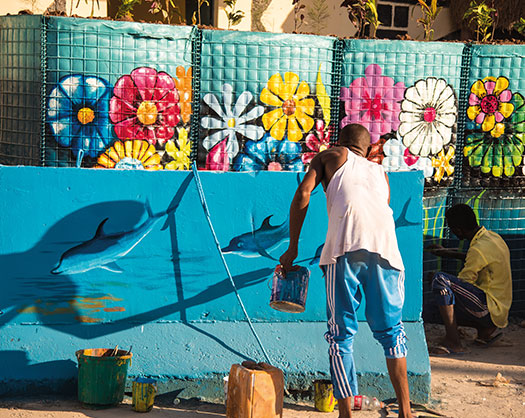
Livelihood

Access to life saving and sustaining, goods, services and resources for all Somali people is fundamental. For this purpose, CISP is engaged in providing immediate emergency support, contributing to reducing poverty and social exclusion, fostering economic inclusion and development. In Somalia CISP supportsn livelihood projects and integrates income generating activities within all programs.
Key Activities
- Labour Market Surveys.
- Vocational Trainings and (self)employment advisory services.
- Technical and soft skill trainings.
- Support to Somali Ministries of Labour and Local Industries.
- Start-ups and support to SMMEs.
- Promoting access to information and networks.
- Targeted actions aimed at inclusion of the most vulnerable.
- Supporting income generating opportunities in the cultural sector.
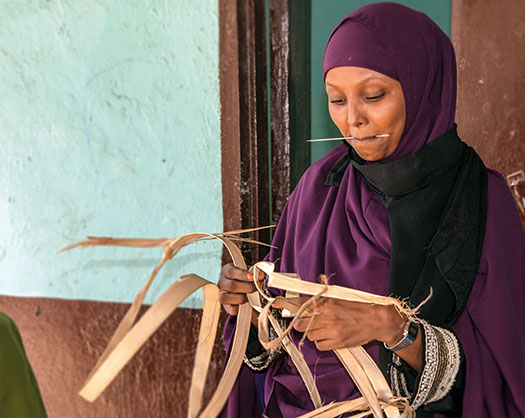
Emergency

To face chronic and acute emergencies, CISP’s emergency response team ensures rapid assessment and
response within short term interventions or by integrating ongoing multiyear programs.
At the same time, CISP is constantly seeking for medium and longer-term strategies to
contribute to the recovery of the country, while allowing adaptation and
flexibility in its program design.
CISP has been supporting Somali people with integrated food security, nutrition, health and WASH
interventions for IDPs and host communities, using education and health institutions as key entry points.
The programs target mainly women of child bearing age (WCBA), pregnant and lactating women, children
below 5 years of age, school age children, IDPs and other vulnerable groups.
Key Activities
- Rapid Assessments.
- Mobile clinics and health and nutrition emergency support.
- Vaccinations and Outbreak response.
- Cash for Work, Food for Work.
- School feeding and Temporary Learning Spaces.
- Support to IDPs and People on the Move.
- Local Integration Initiatives.
- Disaster Preparedness and Resilience Building.
